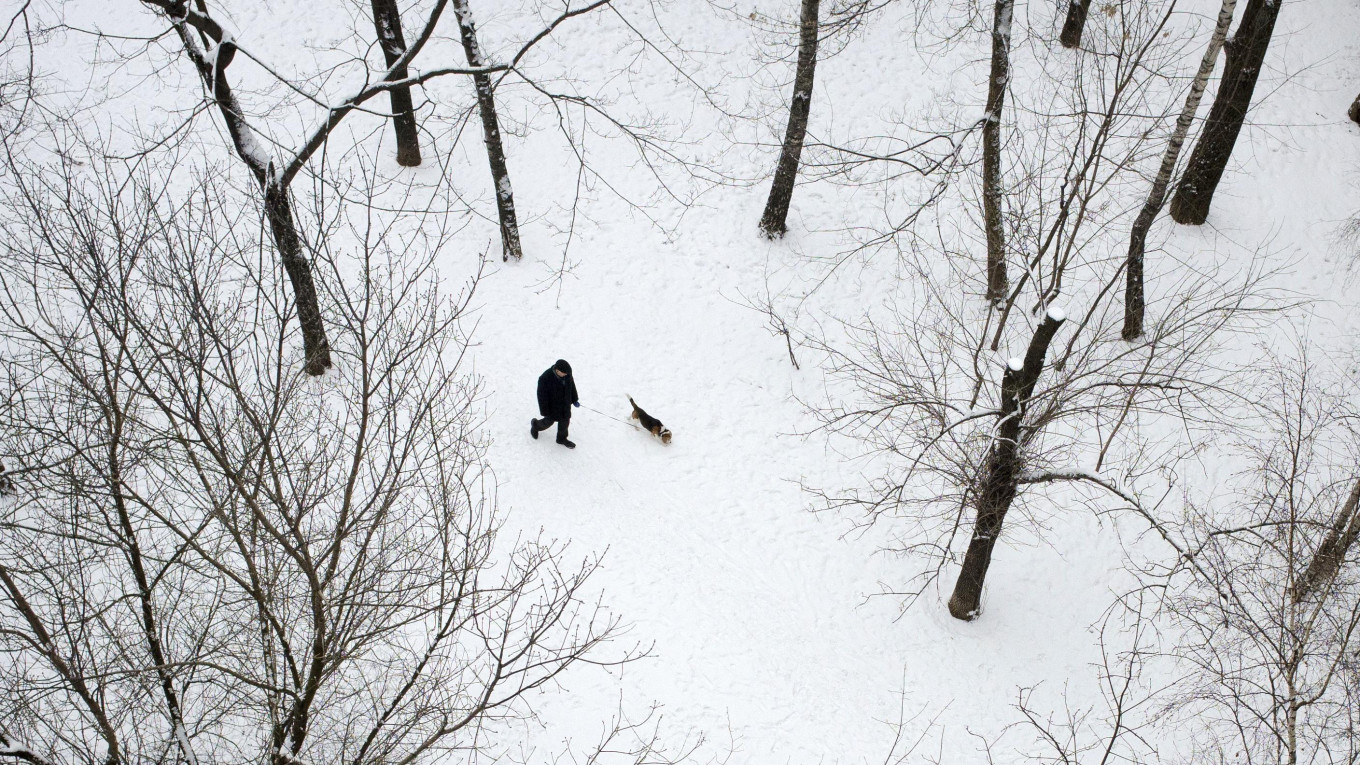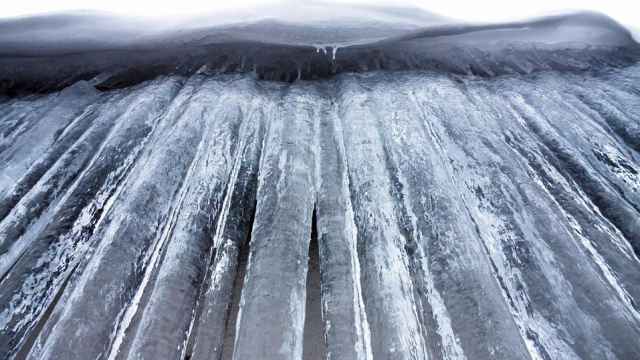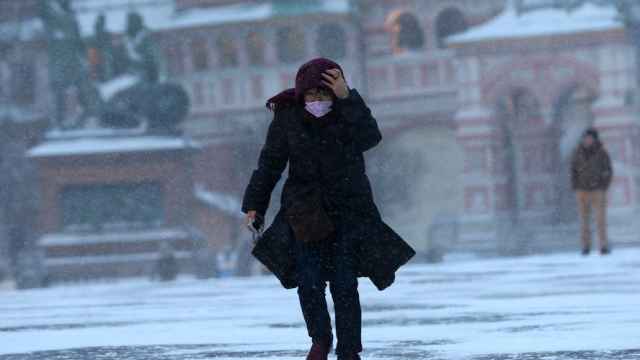Muscovites lamenting a record-breaking January freeze aren't just battling plummeting temperatures: they're also being mocked by their fellow countrymen.
Moscow's Emergency Situations Ministry told residents on Friday that temperatures would drop as low as minus 35 degrees Celsius during the night of Jan. 7-8, warning that abnormal frosts may affect the city's power grid in some areas.
"This is what it's like here today," journalist Michael Nacke wrote on Twitter, "But [Game of Thrones character John] Snow is a fool, he hasn't got a hat!"
Yet even as Muscovites have taken to social media to vent their wintertime woes, Russians from across the country's colder climes began mocking their softer countrymen in the capital.
"It's a rare day when the tweets of frozen Muscovites warm all of Russia," artist Artyom Loskutov from Novosibirsk wrote on Twitter.
Many Siberians were keen to show their friends in the capital a real Russian winter. Ilya Yablokov in the Siberian city of Tomsk shared this post on Facebook, showing the temperature hovering at a cool minus 46 degrees. "I'm heading all this whining from Muscovites about the weather," he wrote. "I just want to show them this."
Moscow politician Vladimir Milov, originally from Kemerovo, was less amused, writing, "Today my news feed is filled with the traditional Siberian and Ural bullying about the Moscow "frost" (-25). Nice to know they love Muscovites."
Russian political activist Natalia Pelevina, possibly left speechless due to the bitter cold, simply posted a picture of the Mona Lisa bundled up in a warm blanket.
The Moscow government has advised residents to avoid going outdoors as much as possible and to wear appropriate clothing.
Temperatures in the capital are expected to rise to a balmy minus 19 by Monday Jan. 9.
A Message from The Moscow Times:
Dear readers,
We are facing unprecedented challenges. Russia's Prosecutor General's Office has designated The Moscow Times as an "undesirable" organization, criminalizing our work and putting our staff at risk of prosecution. This follows our earlier unjust labeling as a "foreign agent."
These actions are direct attempts to silence independent journalism in Russia. The authorities claim our work "discredits the decisions of the Russian leadership." We see things differently: we strive to provide accurate, unbiased reporting on Russia.
We, the journalists of The Moscow Times, refuse to be silenced. But to continue our work, we need your help.
Your support, no matter how small, makes a world of difference. If you can, please support us monthly starting from just $2. It's quick to set up, and every contribution makes a significant impact.
By supporting The Moscow Times, you're defending open, independent journalism in the face of repression. Thank you for standing with us.
Remind me later.






